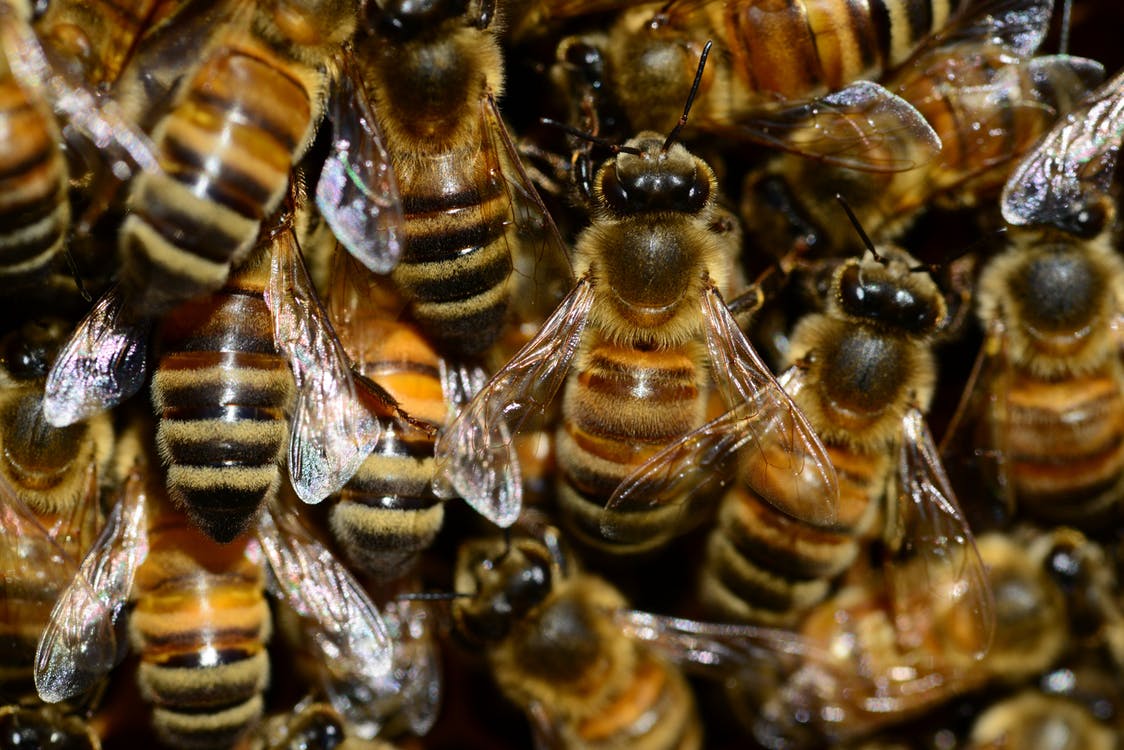
Scientists proved that violence could be inherited
The quest to understand if violence is in the human’s genes has preoccupied sociologists, psychologists, and philosophers for centuries. Are our behaviors influenced by the environment we live in as Jean-Jacques Rousseau mentioned in his theory or are we born with the violence as Thomas Hobbes assumed in the 1650s?
To answer this problem, a team of scientists analyzed the problem from another angle, different from the evolutionary biology. Their conclusion was that we inherit part of our violent behavior from an early ancestor, and distribute it to other primates. The researchers noted that the lethal violence had its origins in the lineage of Homo sapiens, apes, and monkeys. By occupating a position within an unusually violent mammalian clade ( a biological word for an organization of organisms that have a common ancestor), humans inherited a certain amount of violence.
To reach these conclusions, researchers collected information on more than 1,024 present mammal species, as well as more than 600 human population from 50 000-10 000 years ago until the present day. Data involved the analysis of more than four million deaths of the species which accounted for more than 80 percent of the mammalians.
Scientists then analyzed the deaths caused by lethal violence perpetrated by a member of the same species. Examples for humans were intentional killings, infanticide, execution, war, and homicide. The findings showed that intraspecies killing caused 0.3 percent of deaths. But for the parent of all primates, hares, and rodents, killings produced about 1.1% of mortality, increasing to 2.3 % for the next, more current, common ancestor of tree shrews and primates.
Scientists noted that this could only mean that humans have inherited their violence. However, the co-author of the study, Jose Maria Gomez Reyes, said that environmental constraints on survival also influence the evolutionary components that lead to brutality. Territoriality and social behavior are the two features that are shared with relatives of Homo sapiens and are very likely changing the level of lethal brutality which the humans inherited.
However, the findings showed that individuals could curtail the tendencies. In a modern society, that is equipped with prisons, legal systems, and strong cultural beliefs which discard violence, the death rates are 200 times lower than the author foretold for the state of nature.
Image source: Pixabay
Latest posts by Karen Jackson (see all)
- Intoxicated South Carolina Man Punches Waitress Who Refused to Serve Him Alcohol - June 29, 2018
- Restaurant Manager Arrested and Charged in Shooting Death of Co-Worker over Negative Yelp Reviews - June 20, 2018
- Minnesota Teen Gets Head Stuck In Oversized Tailpipe Winstock Music Festival - June 18, 2018









